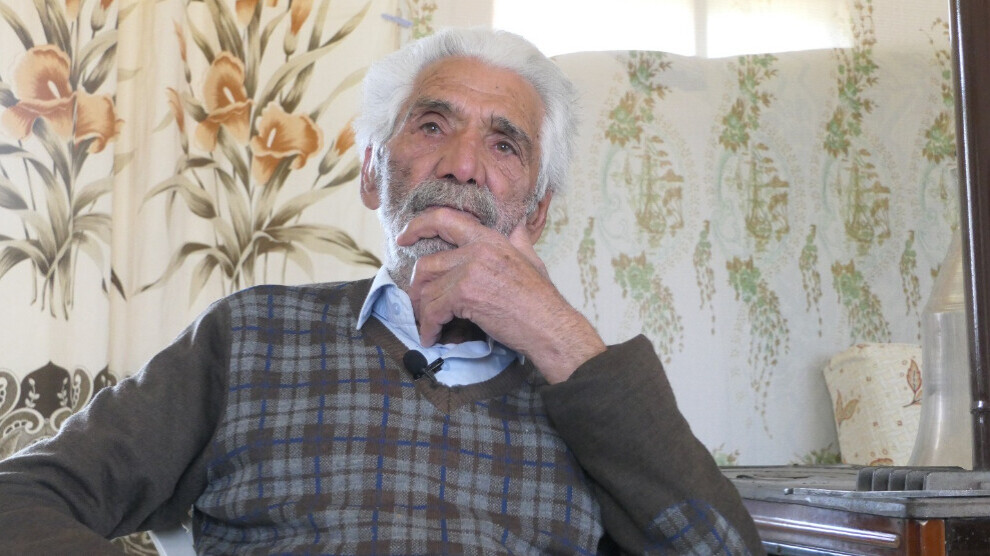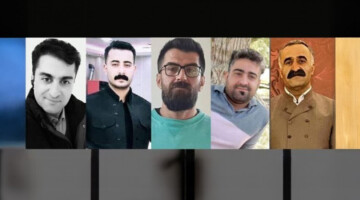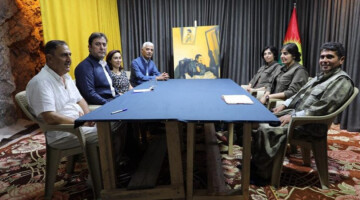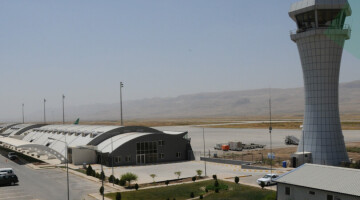One of the biggest and bloodiest massacres in Turkish history took place in Dersim in 1937-38. Today is the 84th anniversary of the massacre, which went down in history as the Dersim Massacre. According to the official figures of the special decree issued by the Council of Ministers on 4 May 1937 and named "Dersim Tenkil Decisions", 1,737 people were killed in 1937 and 6,868 people in 1938.
According to unofficial data, at least 70,000 people were killed in villages, caves, along streams by bombing, shooting, burning, using chemical gas, throwing off cliffs, and tens of thousands were exiled. The girls who survived the massacre were taken from their families and given to the soldiers for adoption. There was no news of the "missing girls" of Dersim ever since.
84 years have passed, but the pain is still vivid. Not a single investigation has been carried out by the state about what happened. The whereabouts of the executed Seyit Rıza and his friends are still unknown.
On the anniversary of the massacre, we knock on the door of witnesses and survivors.
Many relatives of Hayri Pilavcı, who was 2 years old at the time of the massacre and was one of the few survivors, were killed and exiled.
Pilavcı first sighs deeply and then said: "My family hid in a cave. Then they were caught and exiled. We stayed in Eskişehir for 9 years. We returned, but the exile continues. We could not go to our own village. We have been living in exile since ‘94.”
He spoke of “betrayal” and said: "This is why they were able to massacre the people of Dersim in 1938."
'Seyit Riza was betrayed’
Pilavcı said: "We were in exile, the old people used to say. Seyit Rıza said to his son Şêx Hesen, 'I have a suspicion they will betray us. Let's go from here. His nephew Rayber sold him to the soldiers. 23 people were killed there. They cut off Şêx Hesen's head there. They killed not only him, but all of his children. When Seyit Rıza could not persuade Şêx Hesen to get out of there that day, he left accompanied by a few people. Seyit Rıza saved himself that day when he decided to leave, otherwise he would be one of the murdered ones."
Reminding that Alişer was betrayed as well, Pilavcı said: "Alişer came and settled in the area where Seyit Rıza's sons were staying in Dersim after the Koçgiri rebellion. Those who showed themselves close to Alişer committed the biggest betrayal. He was suspicious of them, and warned him. His suspicions came true. Zeynel killed Alişer."
'The massacre continues'
Stating that the betrayal continues and that is why the Kurds are still massacred, Pilavcı said: "Betrayal is not new, it has been going on for more than 1,400 years. They made the tribes hurt each other. Some of them served as parliamentarians and they were also executed. Betrayal and genocide against the Kurds are still going on. This problem does not end, this betrayal... Everything has been shaped by the Kurds, from that day until today... They murdered us in 1938, and they kill us now.”
'Betrayal continues'
Pilavcı said: “Today, the same betrayal continues within the tribes. I don't mean all tribes; I mean those who betray. They have never given up on it."
'Make an archive of what we say’
Pilavcı makes suggestions to us, the journalists. He said to archive everything he and the other survivors say because there are were few survivors left.













